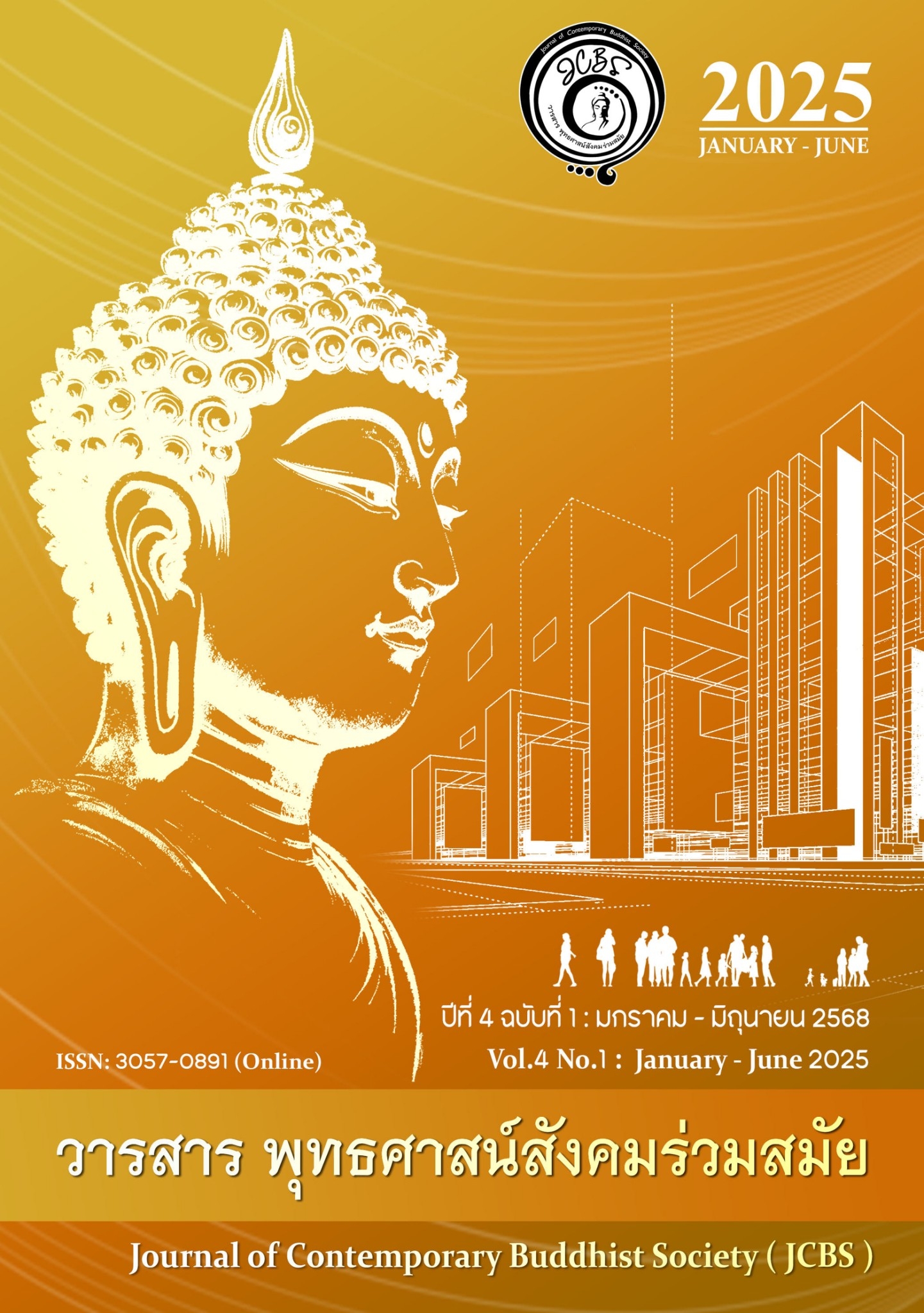The Self in Question: A Comparative Study of Descartes’ Cogito and Buddhist Philosophical Views
Keywords:
Self, Western, Philosophical Descartes BuddhismAbstract
Descartes’ cogito affirms a permanent thinking self that is foundational to modern Western thought, emphasizing rational autonomy and dualism between mind and body. Conversely, Buddhism denies the existence of a permanent self, viewing identity as a transient aggregation of experiences. This perspective underlies a broader ethical framework promoting compassion and interconnectedness. By contrasting Descartes’ individualistic rationalism with Buddhist impermanence, the analysis explores how each tradition influences understandings of consciousness, morality, and human identity. While Descartes locates selfhood in rational thought, Buddhism challenges fixed identity constructs, advocating self-transcendence through meditation and ethical action.
References
Augustine (1991). Confessions. Trans, Henry Chadwick, Oxford University Press.
Colli, Ilario (2022). “Descartes' Cogito and the Birth of the Modern Self.” Ilario Colli, ilariocolli.com/articles/descartes-cogito-and-the-birth-of-the-modern-self.
Collins, Steven (1998). Selfless Persons: Imagery and Thought in Theravada Buddhism. Cambridge University Press.
Descartes, René (1996). Meditations on First Philosophy. Translated by John Cottingham, Cambridge University Press.p 33-34.
Gethin, Rupert (1998). The Foundations of Buddhism. Oxford University Press.
Gombrich, Richard (2006). What the Buddha Thought. Equinox Publishing Ltd.
Goodman, Charles (2019). Consequentialism: A Very Short Introduction. Oxford University Press.
Guenther, Herbert V (1974). The Tantric View of Life. Shambhala Publications.
Gunaratana, Henepola (2011). Mindfulness in Plain English. Wisdom Publications,.
Harvey, Peter (1990). An Introduction to Buddhism: Teachings, History and Practices. Cambridge University Press.
Hasenkamp et al(2022). "The Nature of Self Perspectives from Buddhism and Cognitive Science." Mind & Life Institute. https://www.mindandlife.org/insight/the-nature-of-self/.
Hume, David (2000). A Treatise of Human Nature. Edited by L.A. Skelton et al., Oxford University Press: Clarendon Press.
Kant, Immanuel (1997). Groundwork for the Metaphysics of Morals. Translated by Mary Gregor Cambridge University Press: Cambridge Texts in Philosophy.
Kenny, Anthony(2006). Descartes: A Study of His Philosophy. Random House.
Sangiacomo, Andrea. “Cogito, Sum Objectum: Descartes in a Buddhist Perspective.” 1 Feb. https://www.rug.nl/filosofie/organization/departments/history/gcmemt/blog/cogito_-sum-objectum_-descartes-in-a-buddhist-perspective?lang=en2019.
Nāgārjuna (1986). Madhyamaka Karika. Translated by David Kalupahana, State University of New York Press.
Siderits Mark et al (2007)., "Buddhism as Philosophy: An Introduction." Hackett Publishing Company.
Suzuki D.T.(1970), Zen Mind Beginner's Mind. Weatherhill Inc.
Thich Nhat Hanh (1999). The Heart of the Buddha's Teaching: Transforming Suffering into Peace, Joy, and Liberation. Broadway Books.
Wynne, Alexander (2002). The Buddha’s Philosophy: A Study in Early Buddhism. RoutledgeCurzon Press.
Descartes, R. (1996). Meditations on First Philosophy (J. Cottingham, Trans.). Cambridge University Press. (Original work published 1641)
Bhikkhu Ñāṇamoli, & Bodhi, B. (2001). The Middle Length Discourses of the Buddha: A Translation of the Majjhima Nikāya. Wisdom Publications.
Nāgārjuna. (1995). The Fundamental Wisdom of the Middle Way: Nāgārjuna's Mūlamadhyamakakārikā (J. L. Garfield, Trans.). Oxford University Press.
Downloads
Published
How to Cite
Issue
Section
License
Copyright (c) 2025 Journal of Contemporary Buddhist Society = JCBS

This work is licensed under a Creative Commons Attribution-NonCommercial-NoDerivatives 4.0 International License.





